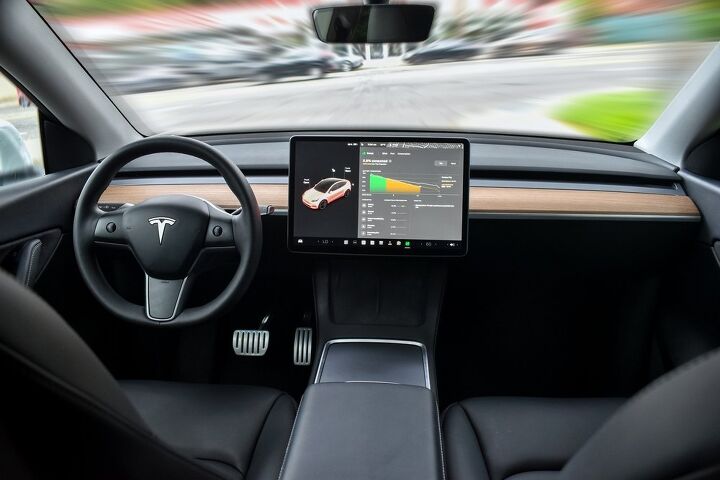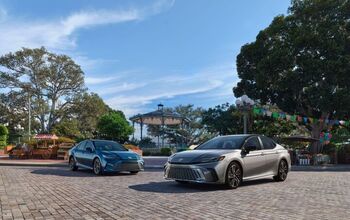How the World Views Autonomous Vehicles
In a recent global survey conducted by Maison Law, a personal injury law firm based in Fresno, California, the levels of trust and comfort with autonomous vehicles were explored across different countries. The survey aimed to understand the global perceptions and readiness for sharing roads with these technologically advanced vehicles.
Varied Trust Levels Across Countries
The study revealed a diverse range of trust levels among the populations of various countries. Notably, individuals from China, Russia, and the United Arab Emirates (UAE) exhibited the highest trust in autonomous vehicles. The survey showed that more than 80 percent of respondents from these countries are comfortable with the idea of sharing the roads with autonomous vehicles.
Conversely, the United States, Japan, and South Korea demonstrated lower levels of trust. In these countries, approximately half of the survey participants expressed discomfort with the presence of autonomous vehicles on the roads.
Country-Specific Findings
- United Arab Emirates – 88 percent
- United States – 57 percent
- Germany – 71 percent
- United Kingdom – 74 percent
- Israel – 66 percent
- China – 94 percent
- Canada – 60 percent
- Australia – 63 percent
- Japan – 52 percent
- Russia – 89 percent
- South Korea – 52 percent
Implications and Future Directions
The survey's findings suggest a broad spectrum of public trust in autonomous vehicles, influenced by geographical and possibly cultural factors. These variations indicate the need for tailored approaches in the introduction and integration of autonomous vehicles within different societies.
Understanding these perceptions is crucial for policymakers, automotive manufacturers, and technology companies as they navigate the complexities of introducing autonomous technologies to the public. Building trust through transparency, safety assurances, and public education will be key to fostering a harmonious coexistence between autonomous vehicles and human drivers.
This article was co-written using AI and was then heavily edited and optimized by our editorial team.
More by TTAC Staff
Latest Car Reviews
Read moreLatest Product Reviews
Read moreRecent Comments
- Theflyersfan Second worst selling in 1Q? I'm guessing the Z4 was the worst. And as bad as these look in photos, on the streets, it's so much worse. If this is what the Chinese market considers excellent styling in expensive cars, well BMW, how about setting up a Chinese line and one for those buyers who want their cars to not look like total abominations, especially after a couple of years.And with the money saved on this "deal," one can go to the aftermarket and have a new and tasteful front end installed.
- 28-Cars-Later $186,000 for a model they apparently can't sell and they still have the nerve to charge for financing. I hope they take a bath on it. Additional: I realize there are still some real models available but hideous and morbidly obese Karenwagen is the exact opposite of a true BMW. Resembling a Chevy Traverse minivan in the profile shot isn't a Teutonic staple either.
- 28-Cars-Later "Monitor Neil Barofsky [,litigation partner at Jenner & Block LLP,] opened an investigation in February to review allegations, including that UAW Secretary-Treasurer Margaret Mock said she had faced retaliation for her refusal or reluctance to authorize certain expenditures for Fain's office, according to the filing. Barofsky also opened a probe into Mock's actions."Hmmmm, so strip club visits? Petty cash anomalies? Bribes? What could he be charging the de facto controller refused to sign off on?
- Jalop1991 I've said for many years: union members need to unionize against union management.
- Rna65689660 WHAT?! Unions corrupt? No friggen way!


































Comments
Join the conversation